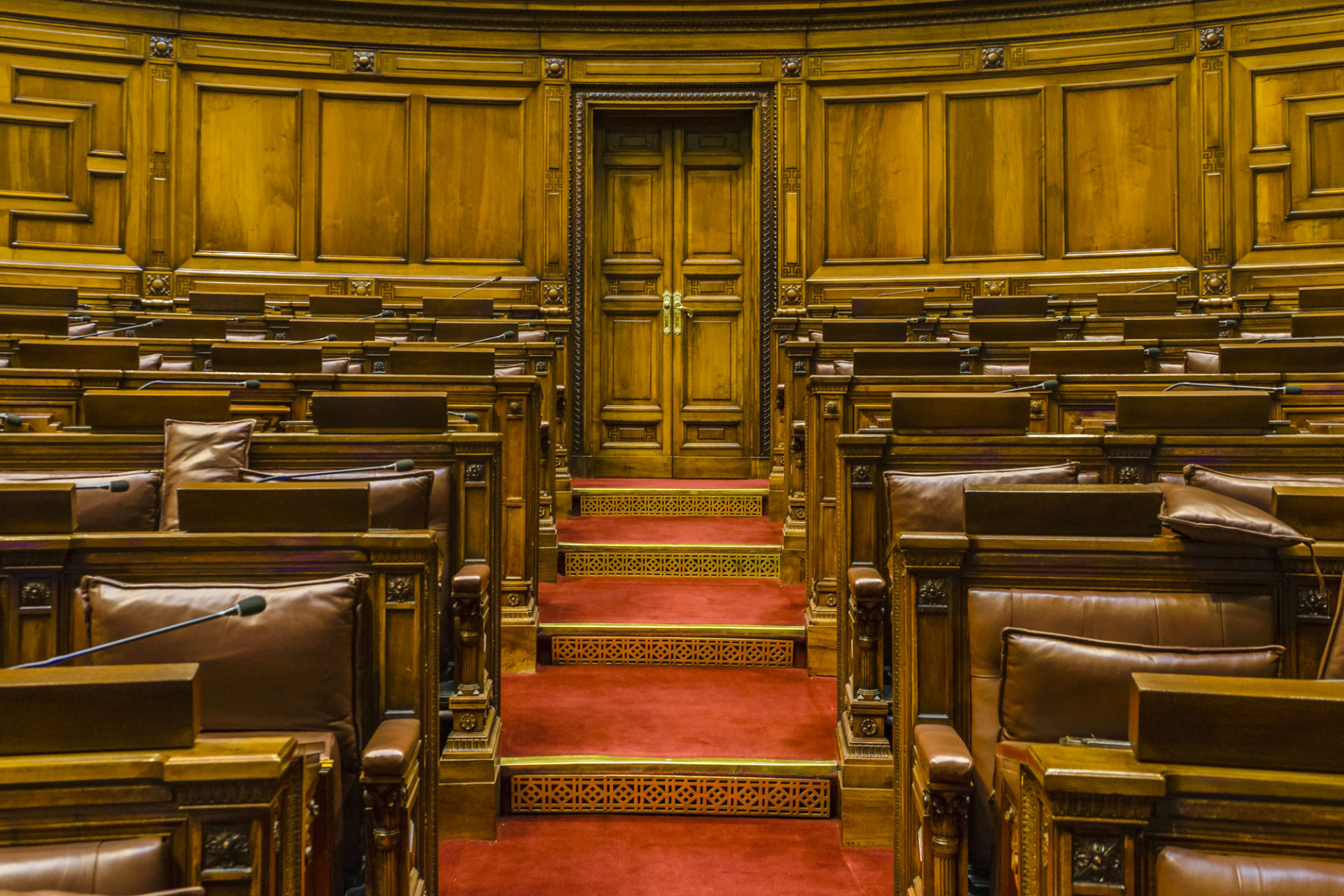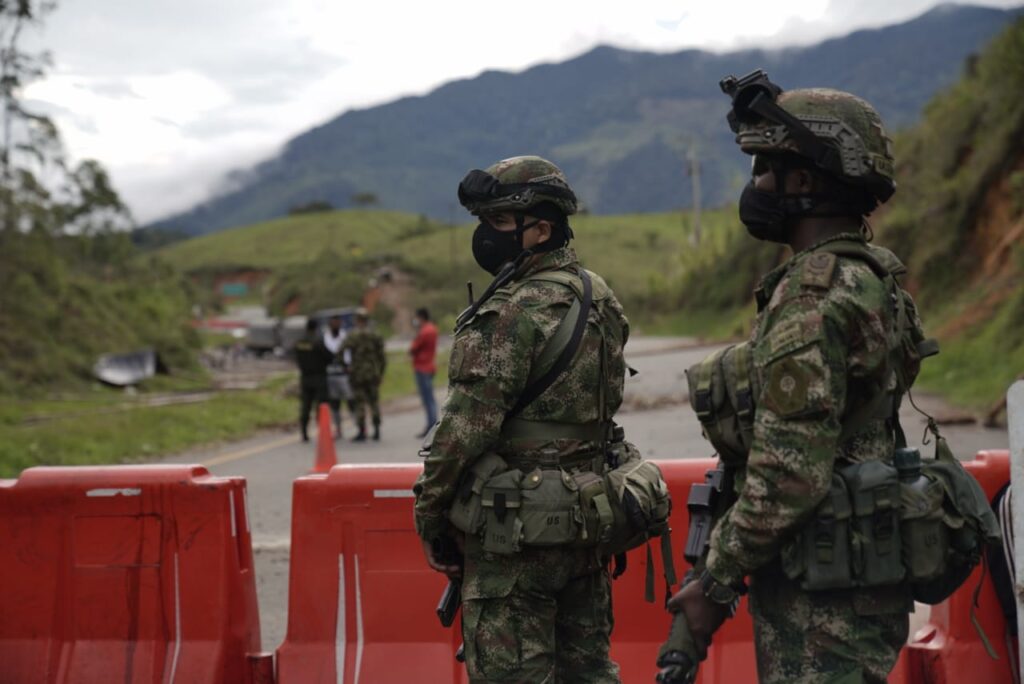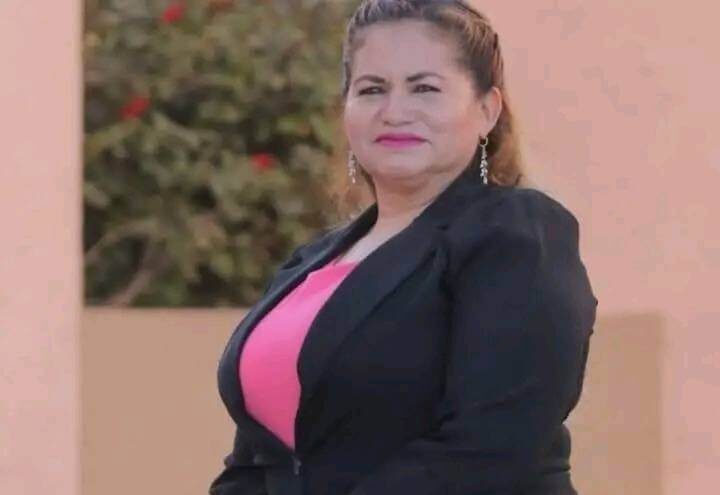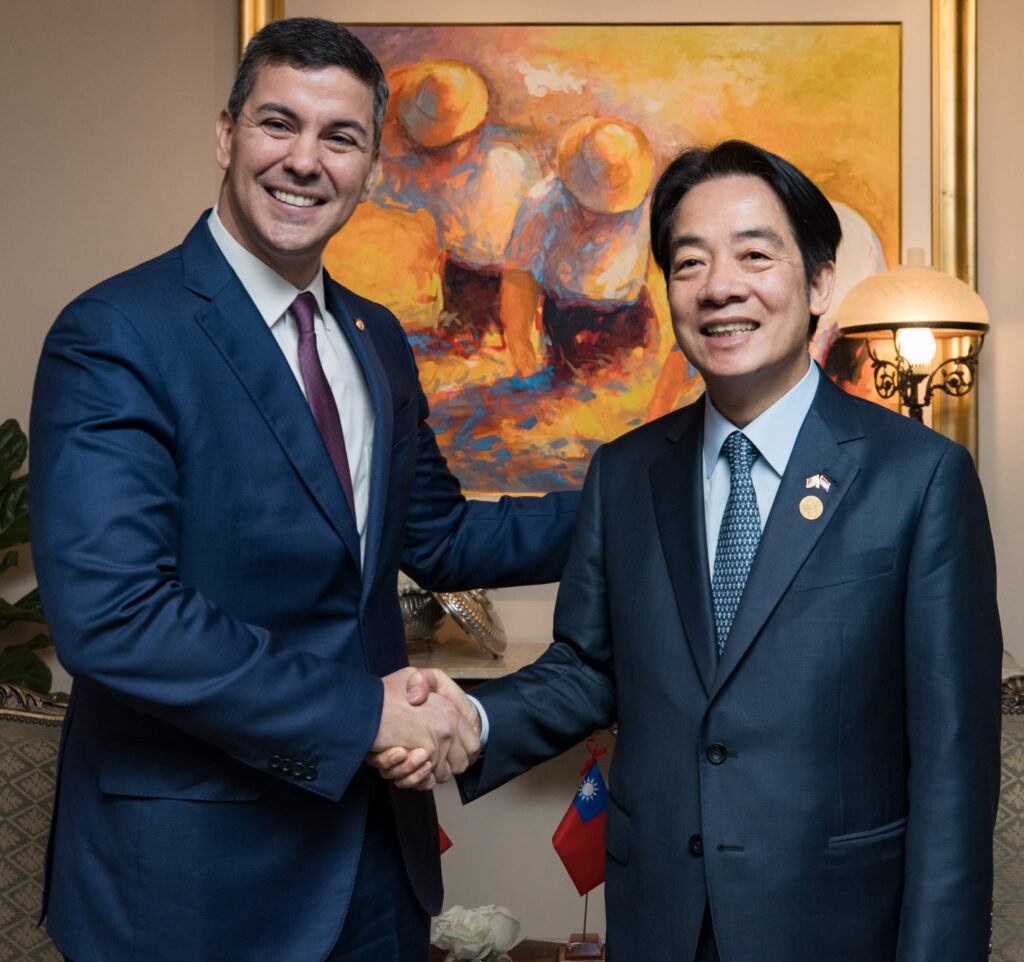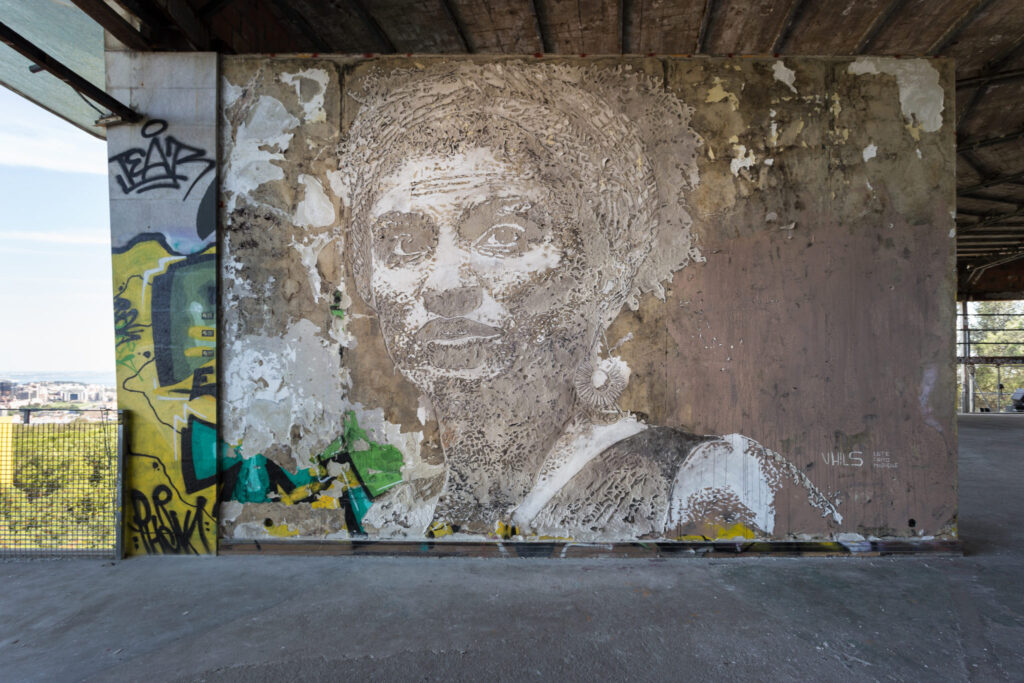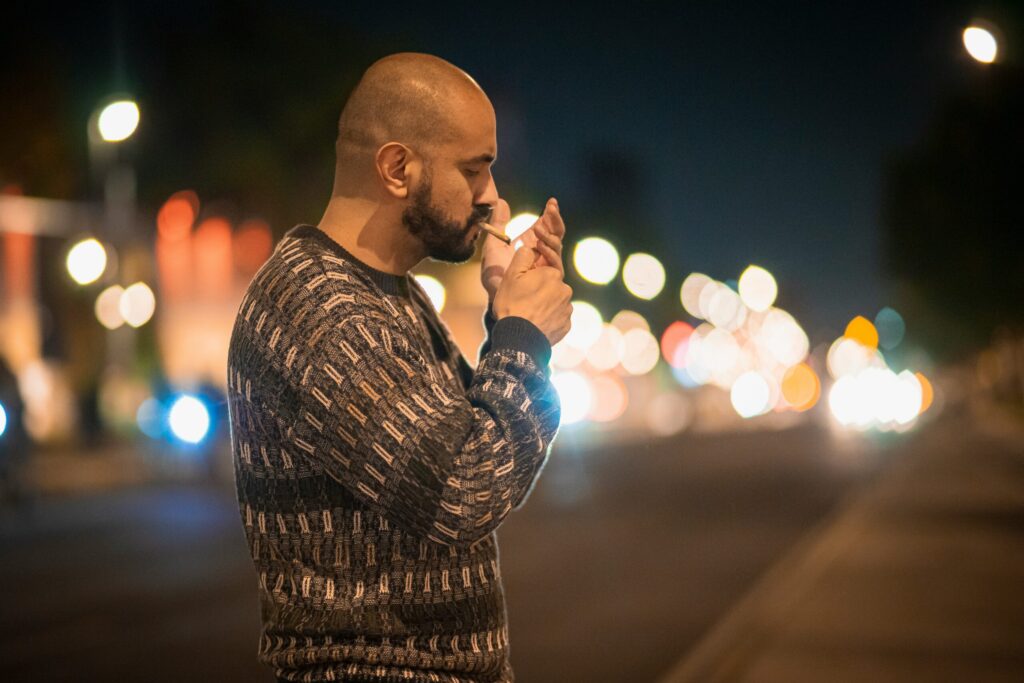As the first South American country to legalize abortion, marijuana, and same-sex marriage, Uruguay is often upheld as the bastion of liberalism in the region. Much of this progressive legislation has been made possible by the center-left political party Frente Amplio, which has governed the country for nearly two decades. But as the general elections on October 27 draw closer, more widespread issues around security and education are beginning to reveal frustrations with the political status quo.
“This is the fourth time I’ve voted [for a president], but the first time I’ve been fairly certain that the left is going to lose,” Nicolas Iglesias, a 35-year-old social worker from the city of Canelones told Latin America Reports.
Read more: Uruguay makes first marijuana export to Australia
A stagnated economy, rising unemployment, a failing education system, and an increasing lack of security in the country are issues that many Uruguayans feel have not been addressed by the Frente Amplio, and they are looking for alternatives.
A recent poll from Opción puts Daniel Martínez of the Frente Amplio in the lead with 30 poll points, while center-right Luis Lacalle Pou of the Partido Nacional lags behind with 23. Ernesto Talvi of centrist Partido Colorado and Manini Ríos of right-wing Cabildo Abierto manage 12 points apiece. The polls suggest that Frente Amplio will not get the 50 percent majority they need to win outright, meaning a run-off will occur, dampening their chances of success.
Security is one of the main issues that will influence people’s votes. In March this year, the government released data showing that in 2018, homicides in Uruguay increased by 46 percent compared with the year before. The data also shows an increase in other crimes, such as house robberies and muggings, all of which has had an impact on many citizen’s outlook of safety.
“[A problem for me is] the violence and insecurity that we’re experiencing,” 30-year-old teacher Augustina Santos from the department of Maldonaldo told Latin America Reports. “We don’t even feel safe in our own houses, the level of insecurity has increased so much that criminals – murderers and thieves – feel impune.”
Read more: Uruguayan Homicides nearly double as country gears up for presidential elections
One of center-right Partido Nacional’s campaign promises is to address the levels of violent crime, and the party has suggested putting the military on the streets in order to do so. This worries 32-year-old social worker Monica Brun, a Uruguayan who grew up in Brazil and Costa Rica, and has been living in her home country for the last two years. She explained that the country’s traditionally conservative media outlets are disproportionately covering stories about crime, making the issue appear worse than it is.
“People are very manipulated by the media,” she said. “There are people who say that they are afraid to go out on the street, and who say how bad it is, how we need military on the streets, but actually it’s more of a sensation of insecurity rather than a reality.”
Her father, Tony Brun, who left Uruguay in 1989 and works with the Hispanic community in the United States, agrees that the current levels of violence are exaggerated. “The opposition are using it [as a campaign tool] because it affects Uruguayans on a personal and emotional level, as it hasn’t happened before.”
Although Uruguay’s homicide rate is much lower than countries such as Brazil or El Salvador — 11.8 homicides per 100,000 in 2018 according to the Ministry of Security data –it is still an outlier in the Southern Cone, with nearly twice the murder rate of Argentina and more than three times that of Chile.
Read more: When “mano dura” policing isn’t the only option
Education was also a common issue among the voters Latin America Reports spoke to, given that across the country only 50 percent of students finish secondary school, one of the lowest rates in Latin America and the Caribbean region.
Due to a lack of government funding, public schools are forced to rely almost entirely on parents and teachers to keep them running, explained teacher Augustina Santos, who feels her profession is under attack.
“Public schools are practically funded by the parents,” she said. “But many parents don’t bring chairs or curtains to school because they don’t have enough. They can’t. In some schools volunteer parents bring afternoon snacks or cook the food for the children. Before, we were given supplies, but if it wasn’t for the teachers who invest their minimum wage into materials, there wouldn’t be anything.”
Public schools have become so bad, explained 57-year-old odontologist Silvia Abelende, that if her three children were school age now, she wouldn’t send them there, even though a private school alternative is also unfeasible.
“Private schools cost about $900 a month, so if I had to send my kids to school now, I’d be paying $2700 a month,” she said. “It’s impossible – people just don’t earn that much money.”
Read more: Economy takes center stage for voters in Argentina’s upcoming elections
According to Reuters, corruption accusations against the Frente Amplio also led former Vice President Raúl Sendic Jr to retire in 2017, another reason why Uruguayans are increasingly doubting the political party.
“The country is very divided,” she said. “I’ve never been particularly interested in politics, but that’s changed this year because I want to know what’s going on. I feel nervous, and worried – but I think if we stay with the government we have, everything is going to get worse.”
Even for those that do want a change from the Frente Amplio, there isn’t an alternative that is gaining significant traction.
“There are no perfect candidates,” said Abelende. “There never are.”
After 15 years of being governed by the same political party, it appears that Uruguayans are ready for a change. With less than a month before the first round of elections take place, polarization of opinion means there is a strong chance that Uruguayans will have to vote in a second round. The final decision, in that case, will not be clear until November 24.


